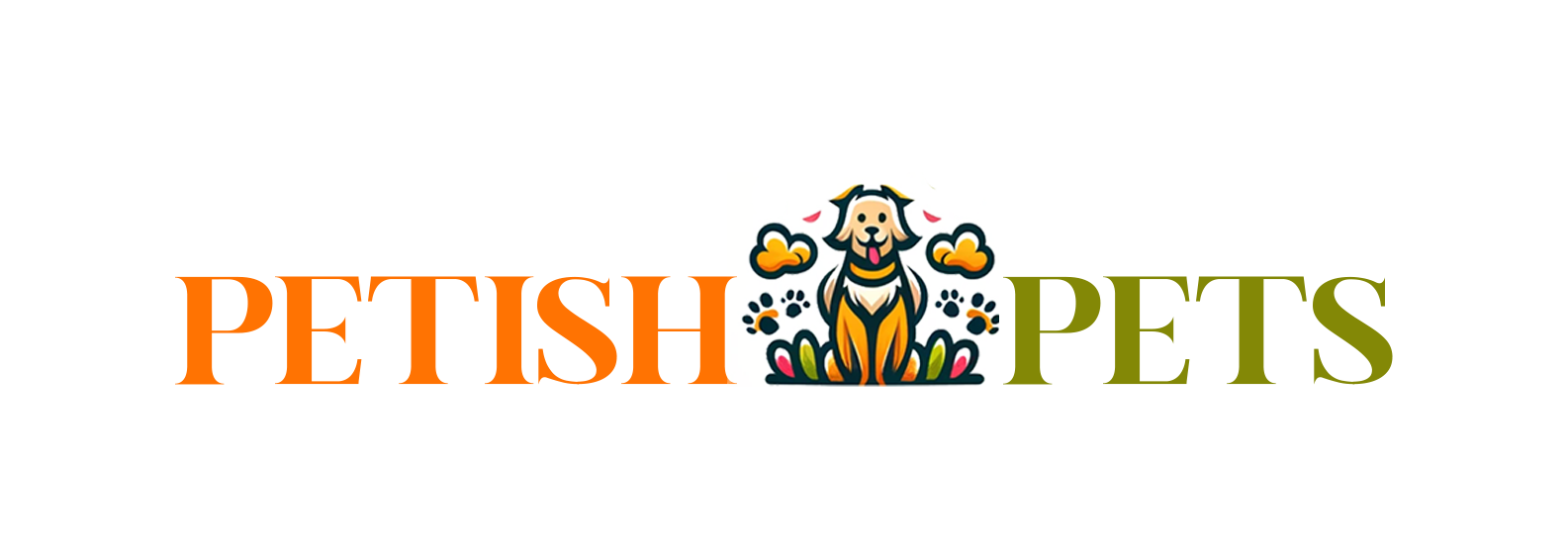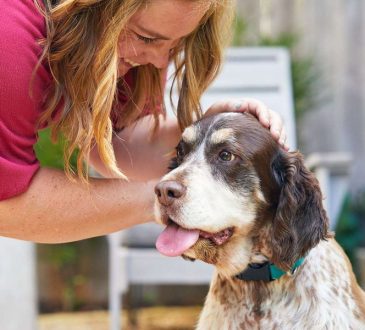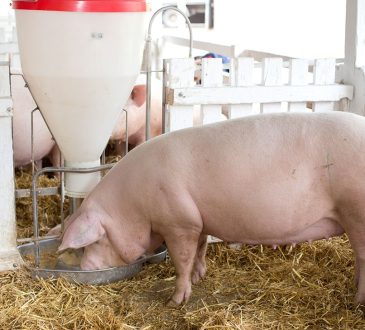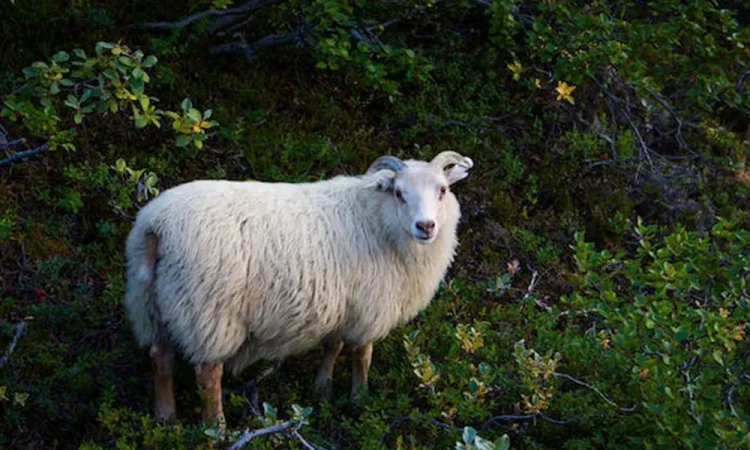
For those venturing into the world of hobby farming, sheep can be a rewarding and enjoyable addition. They provide natural lawn care, a supply of wool, and even meat, depending on your goals. However, with a diverse array of sheep breeds available, choosing the right flock for a beginner can feel overwhelming. The key is to consider your resources, experience, and objectives. Not all breeds are the same; some are better suited for small-scale operations than others. This article will guide you through the important factors in selecting the perfect sheep breed for your hobby farm.
Consider Your Goals: More Than Just Mowing
Before you even begin browsing, ask yourself what you hope to achieve with your sheep. Are you primarily interested in producing wool for crafts? Do you want hardy animals that can thrive in challenging environments? Or are meat production and easy lambing your priorities? Different breeds excel in different areas. For example, if wool is your focus, consider breeds like Cotswolds or Merinos known for their fleeces. If meat is more important, a breed such as Suffolk, would be more suitable. Clearly identifying your intentions at the outset is necessary to guide your breed selection. In this Guide to Sheep Breeds you will know more now.
Temperament and Handling: A Beginner’s Best Friend
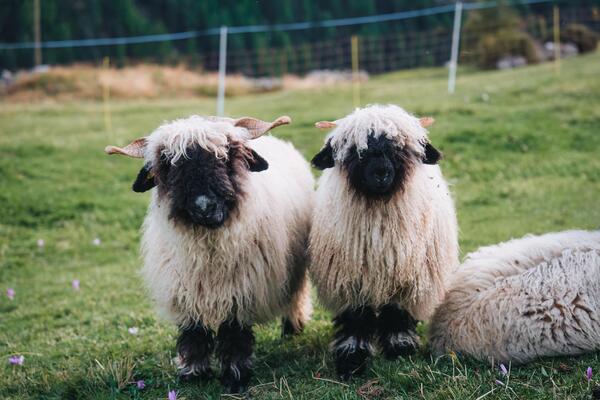
For new shepherds, a sheep’s temperament and ease of handling are critical. Some breeds are naturally calmer and more docile than others, making them much easier to manage, especially during activities like shearing, health checks, and moving them around the farm. Breeds such as Cheviots or Dorset are renowned for their relatively docile nature. It is advisable to avoid breeds with a reputation for being flighty or independent, as this will simply cause more stress and frustration to the beginner. Consider this critical factor to minimise the initial workload of learning how to manage a flock.
Hardiness and Adaptability: Keeping it Simple
Consider your local climate and the available pasture. Some breeds are naturally more resilient to harsh conditions and require less supplemental feeding. For beginners, breeds that are easily adaptable to various conditions, such as those that are more resistant to parasites or diseases, are a very practical choice. Breeds such as Shetlands and Icelandics that have origins in rough areas of the world, are perfect choices for those wanting to minimise any potential problems. This can streamline care, especially for those new to sheep farming, and help ensure a healthier flock with less intervention.
Start Small and Seek Mentorship:
Don’t jump in the deep end! Start with a small flock of a few sheep to learn the ropes before expanding. Engage with local sheep breeders or agricultural extension offices for advice tailored to your region. They can provide invaluable insights into the most suitable breeds for your climate and soil conditions, as well as practical tips for managing your flock successfully. Remember, the journey of hobby sheep farming is a learning process; start with a few, learn their habits and needs, and then gradually grow your flock at your own pace. Good luck!
